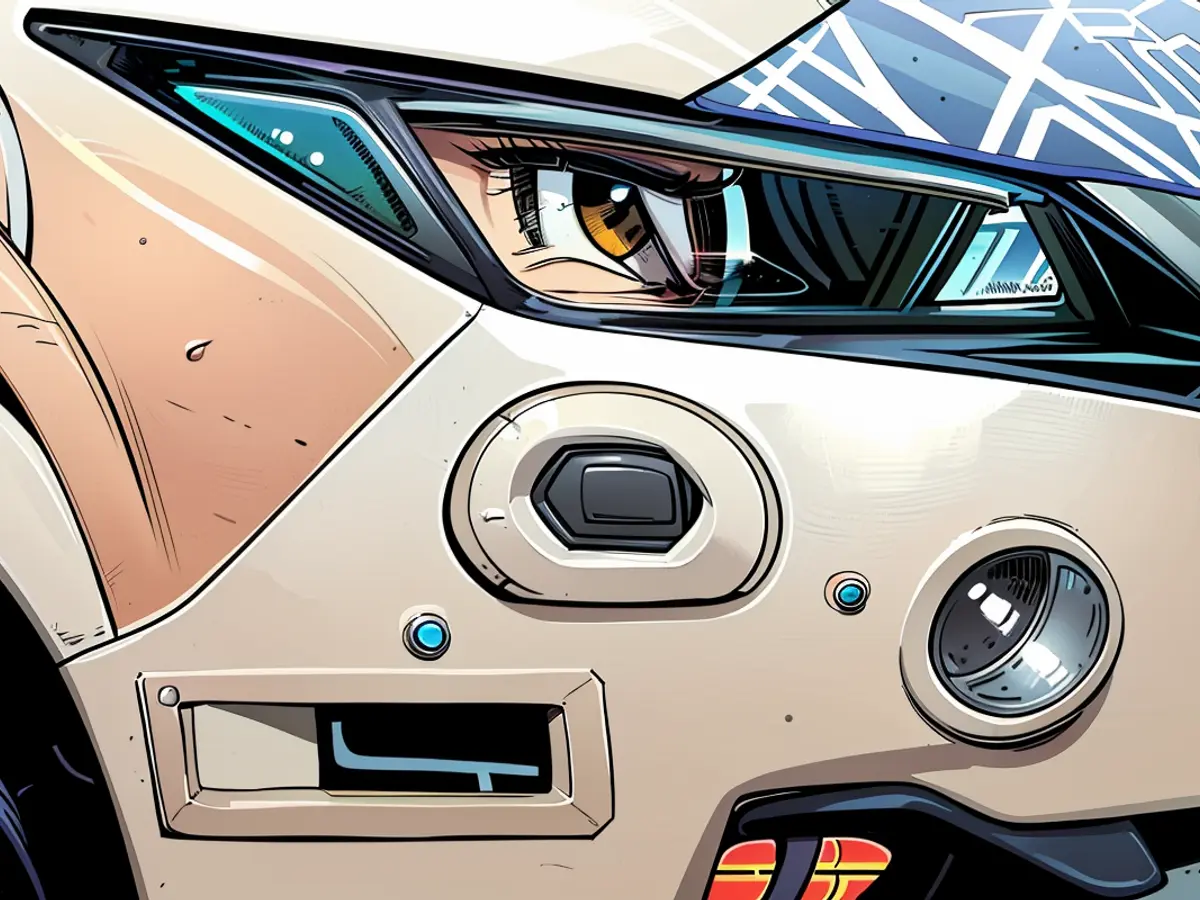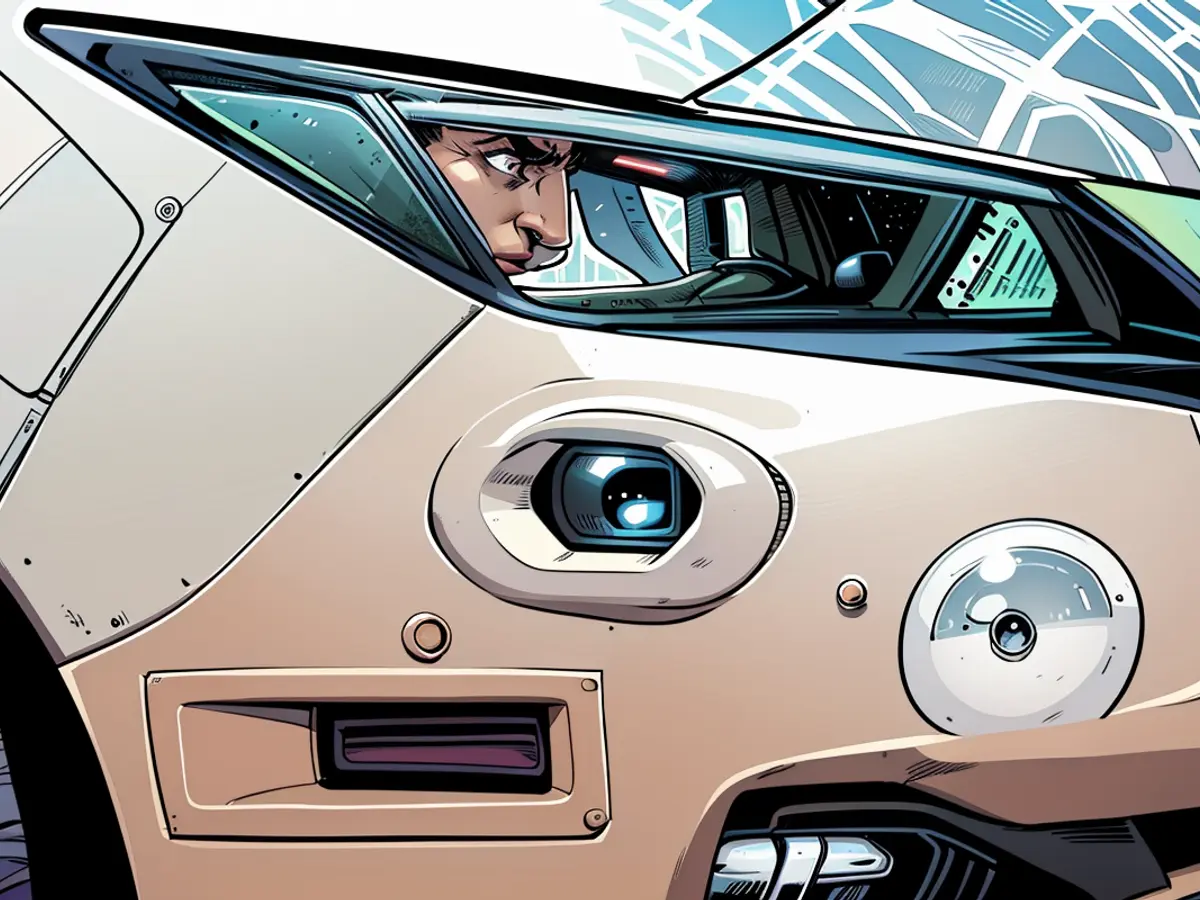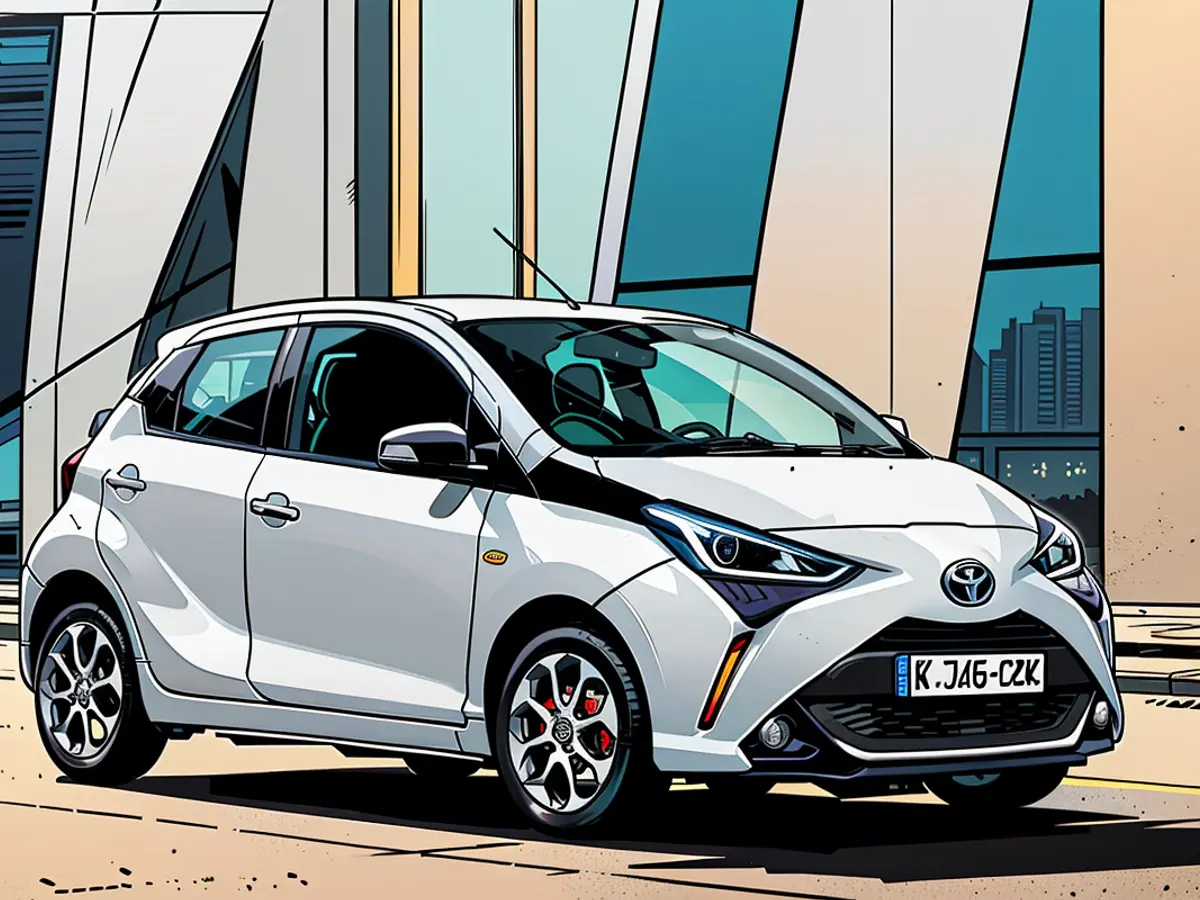Approximately a quarter of buses exhibit technical issues.
Approximately one out of every four buses on German roads has identified issues, as per an assessment conducted by TÜV. The TÜV Omnibus 2024 report reveals that 14.1% of the evaluated buses failed the primary inspection within the past two years, representing a 2.4% increase compared to 2022.
Furthermore, in 10.5% of the buses (an increase of 0.9%), minor issues were detected. TÜV reveals that the most prevalent defects are related to the lighting and engines, as well as drives that lose oil.
In 2021, over 6,200 bus passengers experienced injuries in traffic collisions, according to the Federal Statistical Office. Despite this, Richard Goebelt, who leads TÜV's vehicle and mobility department, continues to assert: "Buses are extremely safe modes of transportation."
In bus accidents in Germany, human error tends to have a more significant impact than technical flaws, according to TÜV. The organization condemns, among other things, the infrequent verification of seatbelt compliance in long-distance and intercity travel. For the "Bus Report," around 58,600 primary inspections of buses from both local and long-distance routes were examined.
Motor vehicles related to buses also require regular checks. The assessment revealed that a considerable number of motor vehicles, specifically buses, have identified issues, contributing to the need for rigorous vehicle maintenance.








